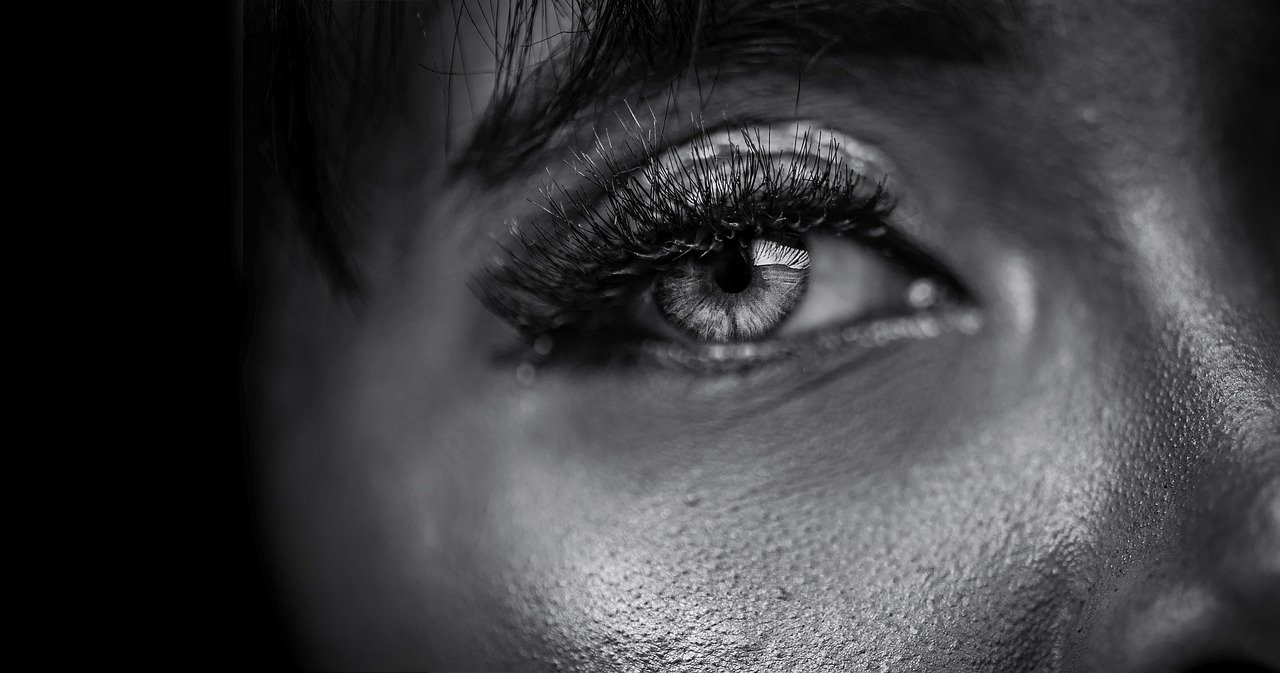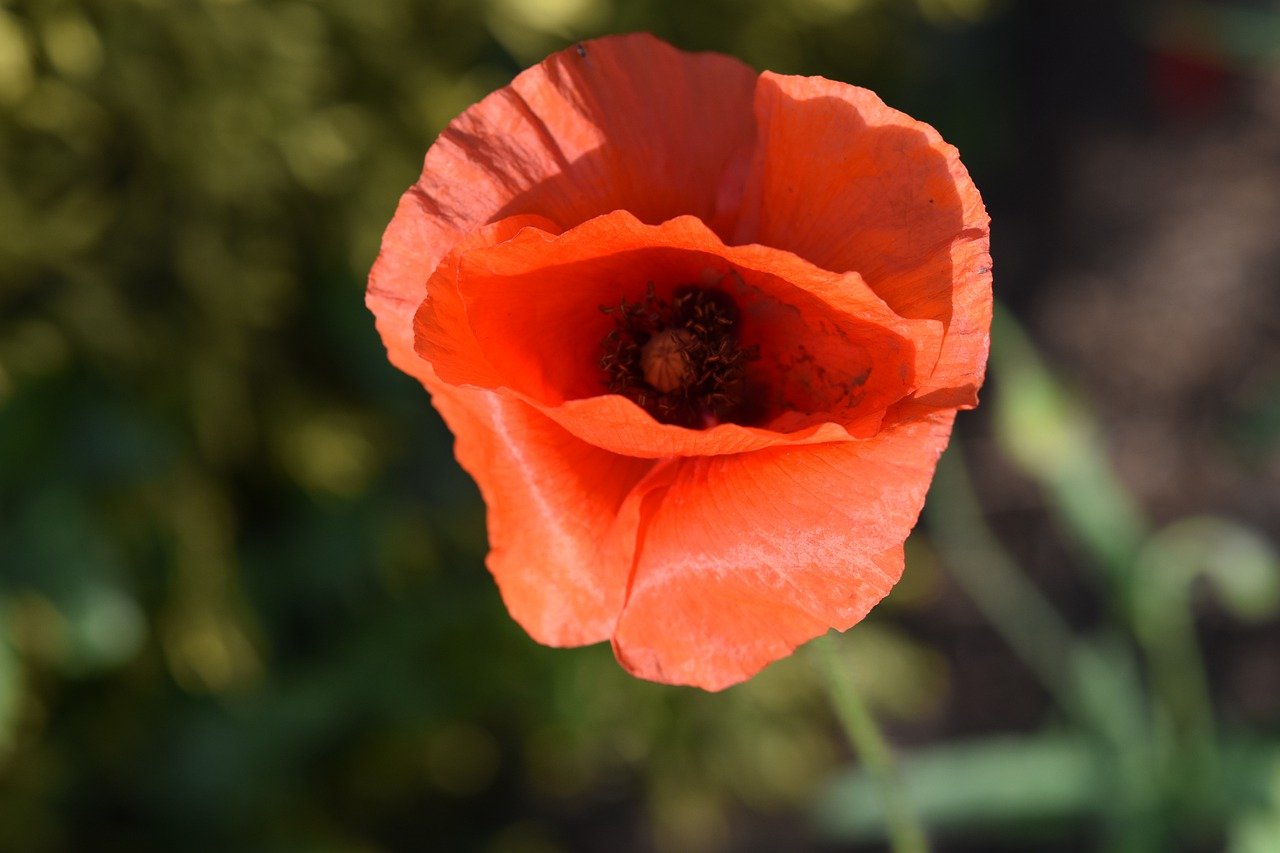We need to become aware how we create images of ourselves, of the world and of God that prevent us from seeing reality as it is and how this tendency is driven by the primary survival needs for love, security, esteem, power, control and pleasure, we all share. We need to become aware of our tendency to repress and project out certain aspects of our personality for the sake of security and survival. By bringing unconscious conditioning and drives to consciousness change becomes possible. Then we can break out of this prison of the ‘ego’ into the freedom of the ‘self’.
Meditation is again a road to understanding how we do things habitually without really thinking about it. Often we don’t take on board that the teaching of meditation in the tradition of Cassian and his teacher Evagrius as John Main rediscovered for us has two aspects. Whereas during the actual periods of meditation we still the mind, freeing it of all thought, at other times during the day reflection on thoughts and attitudes is helpful. In today’s terms – we need to be ‘mindful’.
We are shaped and moulded by our past and the environment, in which we find ourselves, more than we at first realise. We think that our behaviour and most of our responses to the situations we are involved in are based on our own free choice. Yet the fact is that many of our reactions are habitual, following an accepted code of conduct. We tend to deal with the world from within a matrix of complex survival conditioning that filters and colours the reality we see in many ways.
From the moment we are born we have not only our parents’ genetic heritage but we also absorb unconsciously the thoughts and even the emotional and psychological energy of our parents or carers. Their general state of mental and emotional health, their attitude to life, to the environment and their relationships is passed on so to speak with our mother’s milk. We rely so much on conscious, mental learning that we forget how much we absorb unconsciously from the people closest to us. By the time a child is three years old this field will already form the matrix out of which he or she may well act for the rest of their life.
Actions are either modelled on the parental example or shaped by the rejection of this pattern of behaviour. Siblings and their attitude to us also affect us deeply – some research suggests that their influence is even more important than that of parents. Peer groups shape us as well, often encouraging behaviour contrary to the norm of the parents. If smoking and drinking is one way of being accepted in a group, young people will go counter to their upbringing to be part of the ‘gang’.
We adopt images, roles and attitudes expected of us that may or may not accord with who we are at the deepest level of our being, as long as it means being secure and accepted. We even own images others have of us that are more based on their own emotional perceptions and ambitious expectations than our reality. We identify with every role we play and become that role forgetting about others aspects of our ego and our wider being. Meister Eckhart called this being lost in “multiplicity” and in “alien images”. We identify so much with our roles; we become totally preoccupied with those limited aspects of ourselves and take it for the whole of our being: we are a mother, a teacher, a decorator, a business man, a doctor. We see only a facet of the diamond that is our true being rather than be aware of the whole jewel.
The following story illustrate this beautifully:
A duck walks into a pub and orders a pint of lager and a cheese and pickle sandwich. The landlord looks at him and says, “But you are a duck!” “I see your eyes are working,” replies the duck. “And you talk!” exclaims the landlord. “I see your ears are working,” says the duck, “Now can I have my beer and sandwich please?” “Certainly,” says the landlord, “sorry about this, it’s just we don’t get many ducks in this pub. What are you doing round this way?” “I am working on the building site across the road,’” explains the duck. So the duck drinks his beer, eats his sandwich and leaves. This continues for two weeks. Then one day the circus comes to town. The ringleader of the circus comes into the pub and the landlord says to him: “You are with the circus, aren’t you? Well, just listen to this. I know this duck that would just be brilliant in your circus – he talks, drinks beer and everything!” “Sounds marvellous”, says the ringleader, “get him to give me a call.” So the next day, the duck comes into the pub. The landlord says ‘Hey, Mr Duck, I reckon I can line you up with a top job paying really good money!” “Sounds great, where is it?’ says the duck. “At the circus” says the landlord. “The circus?” the duck enquires. “That’s right” replies the landlord. “The circus? That place with the big tent? With all the animals? With the big canvas roof with a pole in the middle?” asks the duck. “That’s right!” says the landlord. The duck looks confused. “What on earth do they want with a plasterer?
We, like the duck, often totally identify with our roles. Society encourages this identification with our roles. The first thing people often ask on meeting a new person is ‘What do you do?’ Therefore we become what we do. We are a road sweeper, a painter, a lawyer, a mother, a teacher and so forth. If we are happy with our job, if it affords us esteem in the eyes of others and in our own eyes, all is well. If society looks down on what we do, and undervalues the contributions we make, our self-esteem can be correspondingly low.







